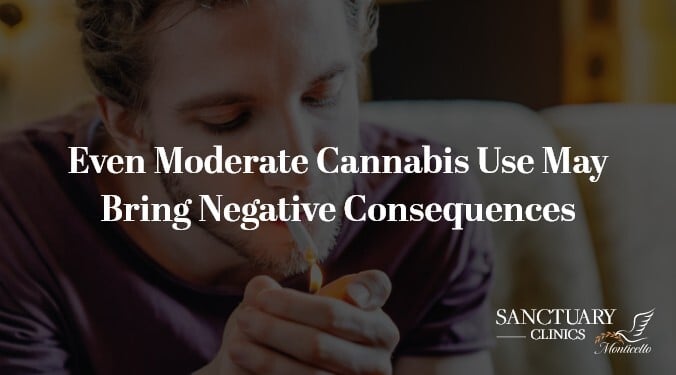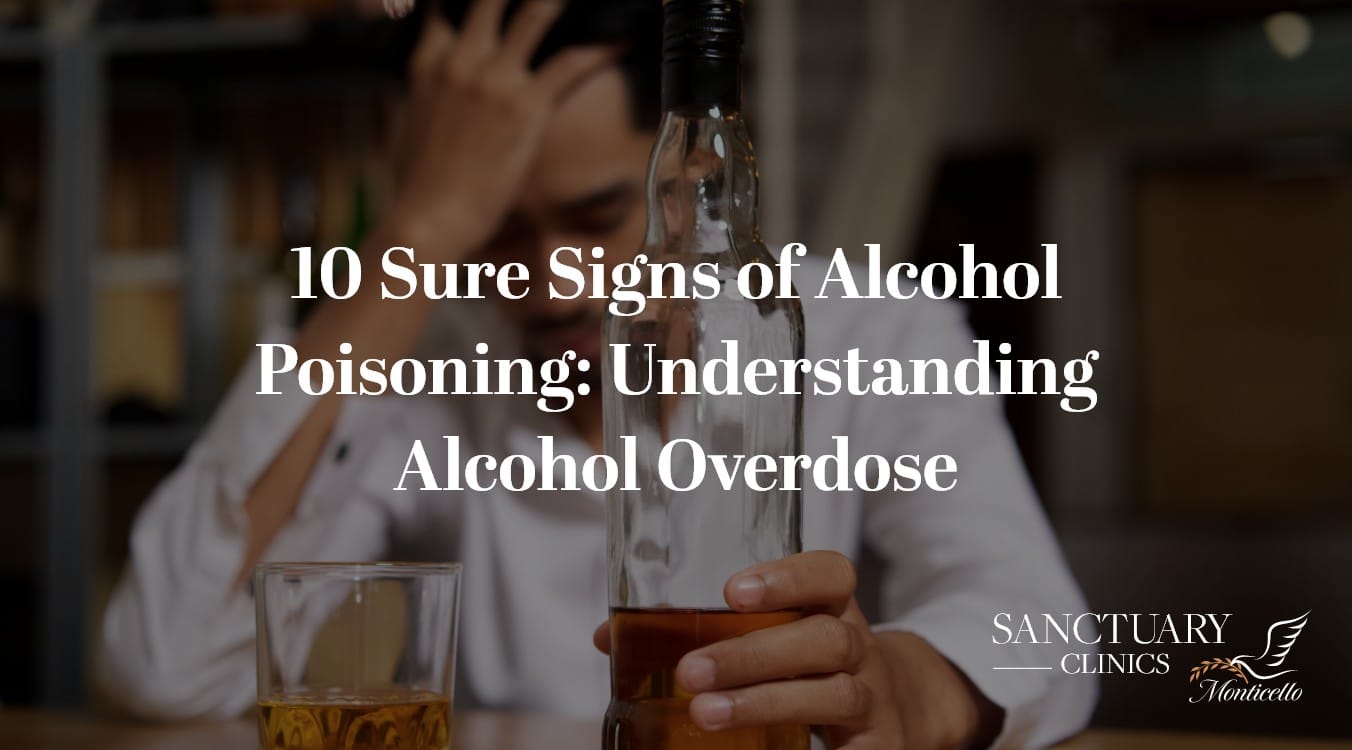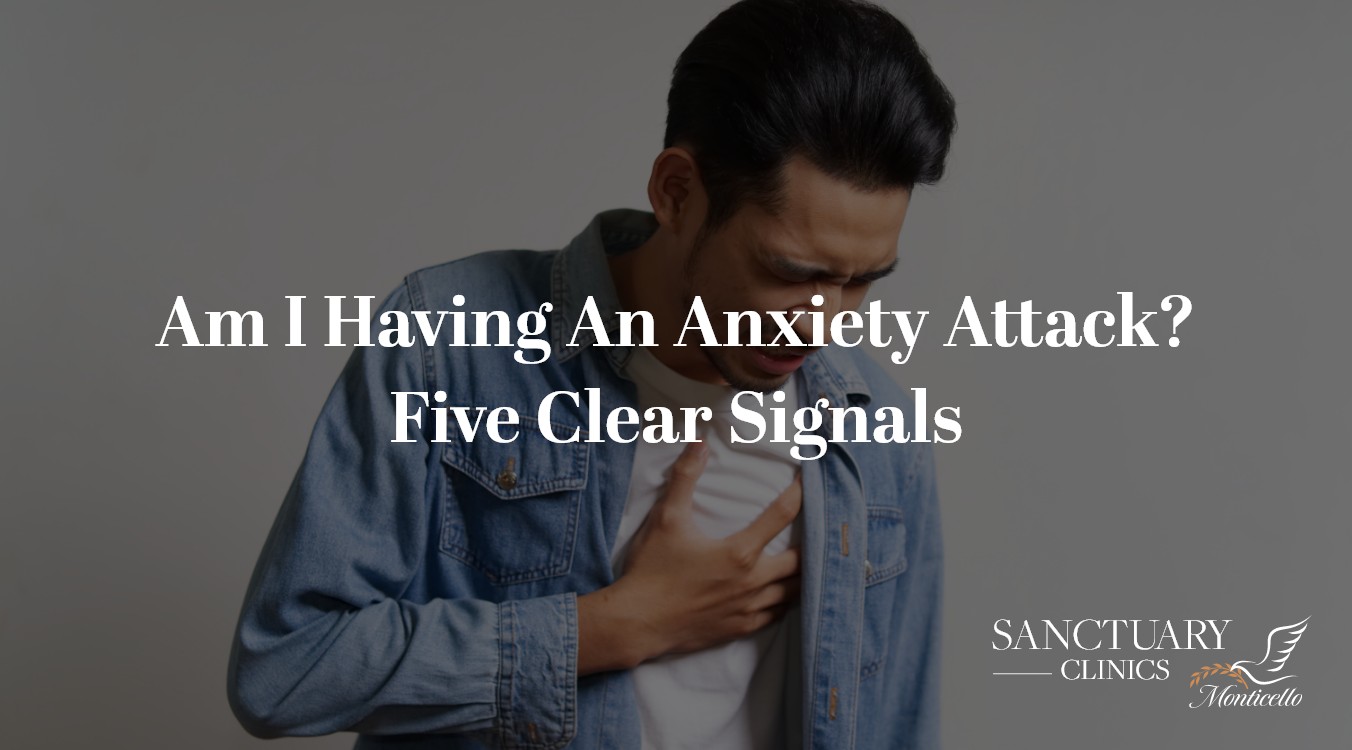As a caring physician, it is my duty to provide my patients with the most up-to-date information regarding their health.
Today, I want to discuss a topic which has gained significant attention in recent years: cannabis use.
While the changing landscape surrounding cannabis legalization may lead some to believe it is harmless, it is important to understand even moderate cannabis use may bring negative consequences. In this blog post, we will explore the potential risks, with a particular focus on cannabis use disorder, adolescents and at-risk youth, psychosocial events, and adverse consequences.
In this blog post, we will explore the potential risks, with a particular focus on cannabis use disorder, adolescents and at-risk youth, psychosocial events, and adverse consequences.
Cannabis use disorder
Cannabis use disorder (CUD) is a clinical condition characterized by the compulsive and problematic use of cannabis.
Contrary to popular belief, addiction to cannabis is a real concern. Research indicates around 1 in 10 people who use cannabis will develop CUD.
Symptoms may include an inability to cut back on use, cravings, withdrawal symptoms, and negative effects on various aspects of life, such as work, relationships, and mental health.
Recognizing the signs of CUD is crucial in seeking appropriate help and support.
Signs of cannabis use disorder (CUD) can vary from person to person, but here are some common indicators which may suggest the presence of a cannabis-related problem:
- Compulsive use: Feeling a strong urge or compulsion to use cannabis, often in larger amounts or for longer periods than intended.
- Difficulty controlling use: Being unable to cut down or control cannabis use despite repeated efforts to do so.
- Cravings: Experiencing intense cravings or a strong desire to use cannabis.
- Neglecting responsibilities: Prioritizing cannabis use over important obligations, such as work, school, or family responsibilities.
- Relationship problems: Strained relationships with family, friends, or loved ones due to cannabis use, leading to conflicts or social isolation.
- Withdrawal symptoms: Experiencing physical or psychological withdrawal symptoms when attempting to reduce or stop cannabis use. These symptoms may include irritability, restlessness, insomnia, decreased appetite, anxiety, or depressed mood.
- Tolerance: Developing a tolerance to cannabis, which means needing higher amounts to achieve the desired effects or experiencing diminished effects with the same amount of cannabis.
- Giving up activities: Giving up or reducing participation in previously enjoyed activities, hobbies, or social events in favor of cannabis use.
- Continued use despite negative consequences: Persisting in cannabis use despite experiencing negative consequences, such as problems with memory and cognition, poor academic or work performance, legal issues, or strained relationships.
- Spending a significant amount of time on cannabis: Spending an excessive amount of time obtaining, using, or recovering from cannabis use, which may interfere with daily functioning.
It is important to note the presence of a few of these signs does not necessarily indicate a cannabis use disorder. However, if you or someone you know exhibits several of these symptoms and experiences difficulties related to cannabis use, it is advisable to seek professional help from your healthcare provider or addiction specialist who can conduct a comprehensive assessment and provide appropriate guidance and support.
However, if you or someone you know exhibits several of these symptoms and experiences difficulties related to cannabis use, it is advisable to seek professional help from your healthcare provider or addiction specialist who can conduct a comprehensive assessment and provide appropriate guidance and support.
Get Help Today.
We are here to help you through every aspect of recovery.
Let us call you to learn more about our treatment options.
We are here to help you through every aspect of recovery. Let us call you to learn more about our treatment options.
Adolescents and at-risk youth
Adolescence is a critical period of time in brain development.
Cannabis use during this stage can have profound consequences.
Studies have shown that adolescents who use cannabis regularly are more likely to experience cognitive effects like memory and attention deficits, which can have a negative impact on academic performance and overall intellectual growth and development.
Early cannabis use is associated with an increased risk of mental health disorders, including depression, anxiety, and psychosis, as well. It is essential to discourage cannabis use in a young person’s formative years.
Psychosocial events
Even in moderation, cannabis use can lead to psychosocial events which can include impaired judgment, increased risk-taking behaviors, and impaired driving abilities.
Such situations may not only put a person at risk but also pose a threat to others.
It is crucial to emphasize the importance of responsible decision-making and the potential consequences of impaired functioning while under the influence of cannabis.
Adverse consequences
Moderate cannabis use can also lead to a range of adverse consequences, both physical and mental. Physically, cannabis smoking can cause respiratory problems like those caused by tobacco smoking, including chronic bronchitis and lung damage.
Moreover, cannabis use has been linked to an increased risk of cardiovascular events, such as heart attacks and strokes.
Mentally, cannabis use has been associated with an increased likelihood of developing psychiatric conditions, exacerbating pre-existing mental health disorders, and hindering successful treatment outcomes.
While the discourse surrounding cannabis use has shifted significantly in recent years, it is crucial to approach this topic with caution and a comprehensive understanding of the potential risks involved. Even moderate cannabis use can have negative consequences, including the development of cannabis use disorder, impairments in brain development among adolescents, psychosocial events, and a range of adverse physical and mental health outcomes.
As a doctor, my primary concern is my patients’ well-being. I strongly encourage open and honest communication about any substance use, including cannabis, with your doctor, so you can work together to ensure your health remains a top priority.
Together, you can make informed decisions which promote your overall health and happiness.
Get Help Today.
We are here to help you through every aspect of recovery.
Let us call you to learn more about our treatment options.
We are here to help you through every aspect of recovery. Let us call you to learn more about our treatment options.









